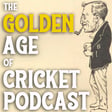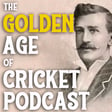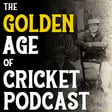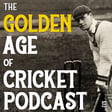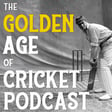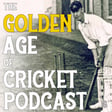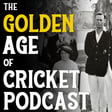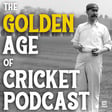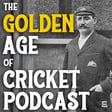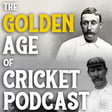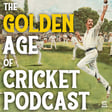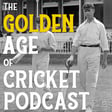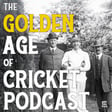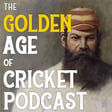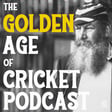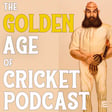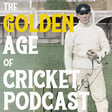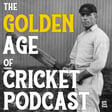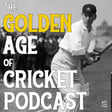
Short Leg – Clem Hill's 188 v England at the MCG in 1897/98 – Part 2
With Part 2 of this episode of 'Short Leg', Tom Ford concludes the re-telling of Clem Hill's famous innings at the MCG against England in 1898, in which he scored a match saving, series-winning score, with the help of off-spinner Hugh Trumble.
DONATE: You can buy Tom Ford a coffee! Every donation helps with production and inspires Tom to keep the podcast going. You can donate from a little as $5. Visit: buymeacoffee.com/goldenageofcricket
CREDITS:
Presenter & Producer: Tom Ford
All music used in podcast comes from the University of California Santa Barbara's remarkable collection of wax cylinder's from the late nineteenth and early twentieth centuries, which are free to download and use. You can donate to the upkeep of these recordings via their website [https://cylinders.library.ucsb.edu/].
